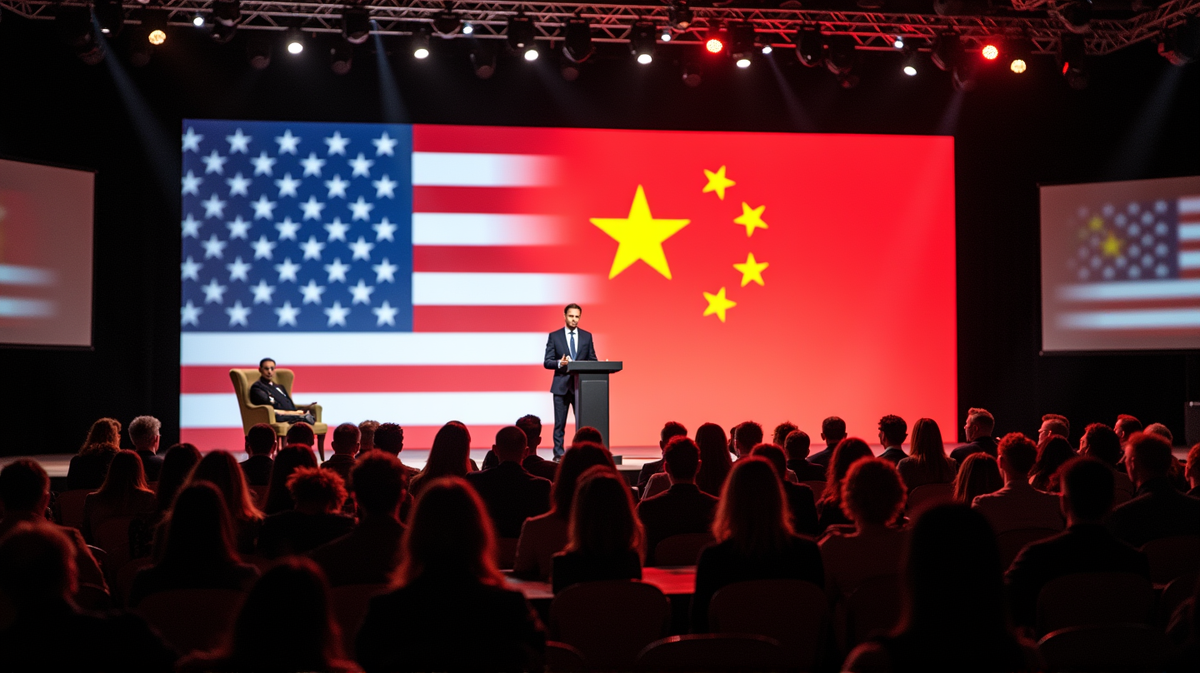China and U.S.: Bridging Economic Ties Amid Political Chasms

The Underscored Importance of Economic Alliances
David Rennie, the geopolitics editor for The Economist, recently spoke at the University of Wisconsin-Madison, sharing insights into the vital necessity of maintaining strong economic ties between China and the U.S. His visit highlighted the enduring intertwining of these two giants in the global market, despite looming ideological clashes.
According to The Daily Cardinal, Rennie’s first-hand experiences as Beijing bureau chief from 2018 to 2024 gave him a front-row seat to China’s economic transformations and its implications globally. He emphasized that the U.S., with a historically conditioned acceptance of China’s rise, aims to steer Chinese development to resonate with Western and liberal principles.
Historical Connections and their Complex Evolution
Rennie illuminated the long-standing ebb and flow in China-U.S. relations, pointing out a shared economic vision against a backdrop of stark ideological differences. This paradox forms the crux of modern times, where economic partnerships thrive but political tensions simmer.
He drew attention to the past attempts by Western powers, including Japan and Europe, eager to align with China’s growth – a testament to the perceived economic promise. This alliance, however, was fraught with expectations, particularly from the U.S., anticipating reciprocity tied to economic and democratic advancements.
The Tech Tug-of-War
Central to the discourse were the challenges posed by technological advancements. “21st-century globalization demands a bond of trust between companies and consumers,” Rennie mentioned, underscoring China’s aspirations to dominate technological sectors while mutual trust wanes.
The geopolitical friction is most pronounced in the tech realm, where competitive stances threaten the historical synergy that once defined Sino-American economic relations.
Beyond Political Rhetoric
Rennie warns that the second Trump administration’s decisions, like “Liberation Day” tariffs, further blur the trajectory of U.S.-China policies. He conveyed skepticism about America’s strategic clarity compared to China’s definitive plans to cement its global position.
Rennie’s nuanced perspectives reveal a complex dance of diplomacy and economic necessity, urging American leaders to look beyond rhetoric and develop coherent strategies for sustaining this pivotal partnership.
The event reiterated the consequential nature of the China-U.S. economic relationship – one where alignment in commerce is indispensable, even as political ideologies clash dramatically.





